GLOW is dedicated to bringing you a range of publications and other resources about a gender-equal recovery through low-carbon innovation.
Resources
Image
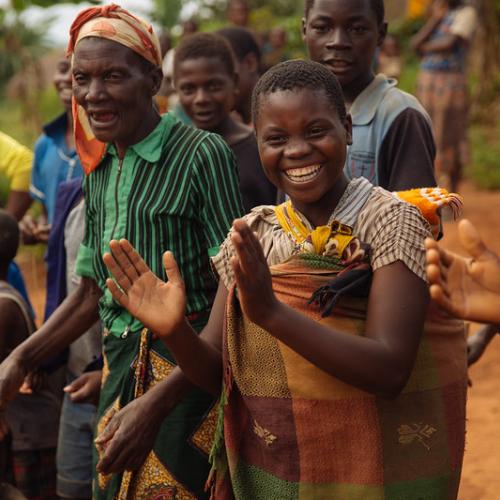
Policy brief
This brief presents the results and recommendations from a value chain gender assessment conducted
from April to July 2022 within rural communities in Mzimba and Kasungu districts. This study is part of
the Prioritizing Options for Women’s Empowerment and Resilience in Food Tree Value Chains in Malawi
(POWER) project.
Image
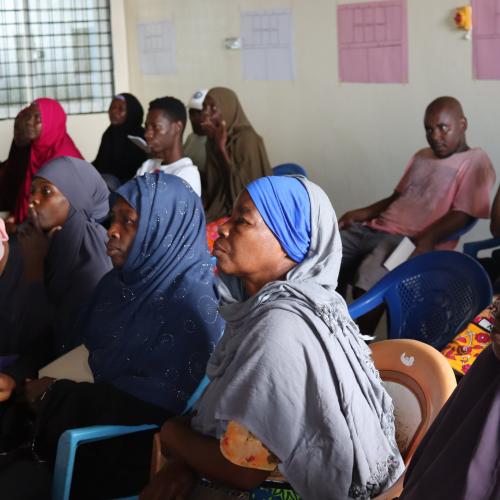
Learning paper
Presenting an overview of existing business models being used by coastal fisherwomen, the brief aims to identify weaknesses of the businesses and ensure women are empowered effectively, their businesses are profitable, and they stop being marginalised.
Image
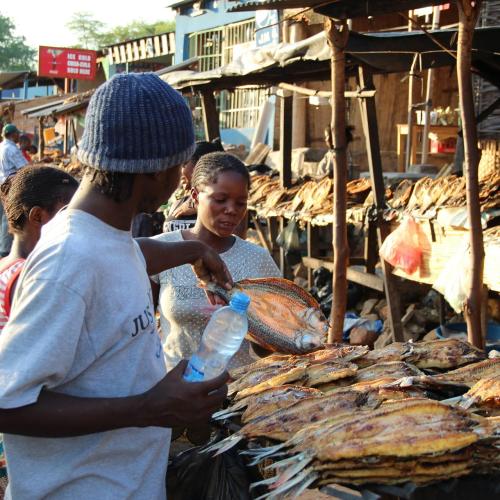
Issues brief
Blue economy inclusive policies and initiatives that empower women in fisheries, aquaculture, and related sectors could unlock opportunities for women to enhance livelihoods. This brief presents insights to inform country approaches to integrating these approaches.
Image
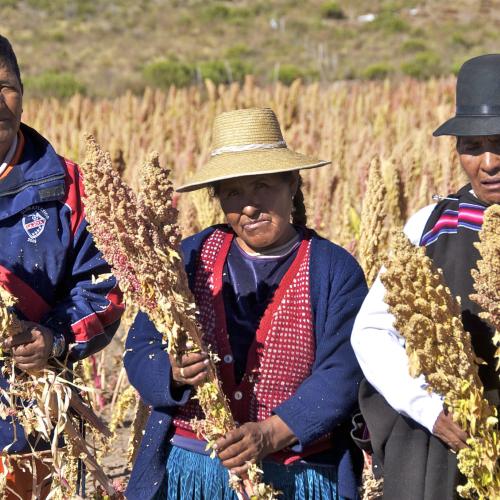
Research report
An intervention that seeks to increase economic outcomes, may also harmonise with equality of opportunities by gender, according to this study of the conceptual framework of the economic-productive sphere and gender equality.
Image
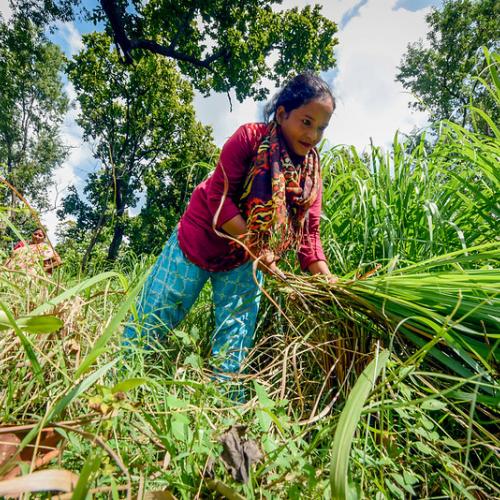
Webinar
This event at CSW66 explored the opportunities for government spending plans to promote gender equality and environmental sustainability.
Image
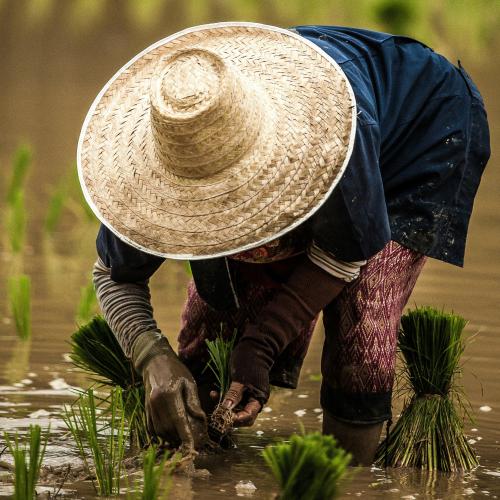
Issues brief
This gender & climate analysis report provides perspectives from Cambodia, the Philippines, and Viet Nam through the ASEAN Green Recovery through Equity and Empowerment (AGREE) Project.
Image
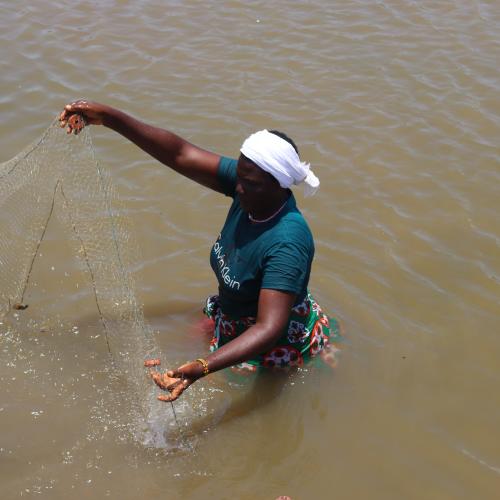
Learning paper
This brief analysis offers key lessons on deployment, cage delivery and assembly, and community engagement insights after the deployment of three marine cages for the purpose of fish and seaweed farming and to form part of an IMTA system.
Image
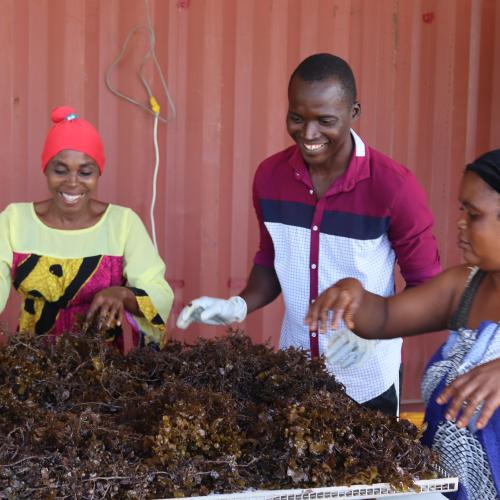
Learning paper
This brief presentats analysis of challenges and opportunities for Integrated Multi-Trophic Aquaculture (IMTA) technology of seaweed and fish as a low-carbon, gender-transformative, environmentally, and economically sustainable innovation for empowerment in coastal Kenya.
Image
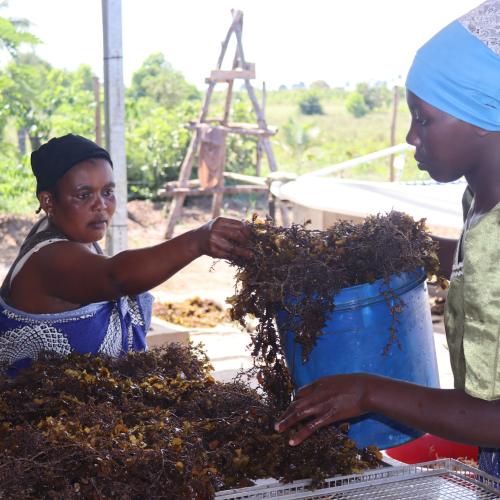
Issues brief
This brief explores the role of Integrated Multi-Trophic Aquaculture (IMTA) systems in the case of aquaculture of fish and seaweed in Kwale and Kilifi Counties as a model to meet the growing demands for seafood while ensuring environmental sustainability.

